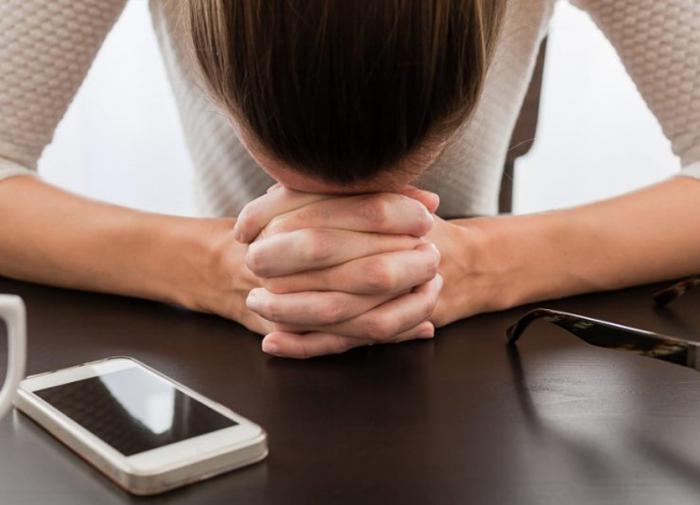Stress is a natural part of daily life, and in many cases, it's unavoidable. However, even when it's unavoidable, it can be properly managed with the right strategies.

Why stress management matters
In its best form, stress is something we experience to prepare us for difficult situations. When stress hormones are released, they equip us with the alertness and energy we need to deal with difficult problems. However, excessive levels of stress and long-term stress can be extremely harmful for your health.
The short-term effects of stress can make you irritable and/or distracted, and may make it difficult to remain attentive or productive when you need to be. Long-term, stress can accumulate, eventually increasing your blood pressure, increasing your risk of heart disease, reducing the quality of your sleep, and producing a host of other negative health effects.
Reducing stress in your life
Fortunately, there are many strategies you can employ to reduce the levels and impact of stress in your daily life, including:
-
Identify and remove egregious sources of stress. Your first job is to identify and remove the biggest sources of stress in your life. Do you always feel peak stress when dealing with a specific client? Consider firing them. Are you always aggravated by your difficult neighbors? Consider moving. These changes may require a sacrifice or a major commitment, but if it means practically eliminating your biggest source of stress, it's worth it.
-
Reduce your total workload. Most people find themselves stressed when they're overwhelmed with work and/or personal responsibilities. If there's so much to do that you don't know how you're ever going to catch up, it can be exhausting. Consider fighting back against this threat by reducing your total workload. Talk to your boss about your current workload, or take proactive action to reduce it yourself.
-
Have a place to relax. Everyone needs a "happy place" where they can destress-ideally both in the office and at home. For example, you might have a peaceful fireplace where you can read and relax, or you might have a hot tub where you wind down after a long day. This is totally up to your personal preferences; it just has to help you unwind.
-
Exercise daily. Physical exercise is one of the best natural ways to beat stress, and it's even more effective if you do it daily. Work hard to challenge yourself every day, spending at least 20 minutes in vigorous activity. The options are limitless here; you can run, bike, lift weights, swim, practice yoga, or ideally, try a combination of these.
-
Take breaks throughout the day. It's easy to be stressed if you're working for long hours without a real break. Instead, try to break up your day with small breaks in between your big chunks of work. Taking 15 minutes away from the computer to walk and get fresh air can instantly alleviate your stress.
-
Take a vacation. Similarly, it's important to take a vacation every once in a while. A vacation can help you destress in a long-term way, refreshing you and helping you work even more productively when you return.
-
Connect with others. Genuine human connections are vital if you want to feel less stress. Take the time to improve your relationships with your family, and reach out to old friends while trying to forge new friendships. It takes extra time, but it's always worth it.
-
Find and do things you love. Spend more time engaging in a hobby you find genuinely fun. If you don't currently have a hobby that can help you relax, it's time to find one.
-
Meditate and deeply breathe. Meditation is a powerful practice that can help you focus and clear your negative thoughts. Combined with deep, focused breathing, it's even more effective. Practice this regularly whenever you feel especially stressed.
-
Disconnect from the internet. We rely on the internet as a source of news, information, socialization, and work. It's incredibly useful, but it can also be problematic. If you're feeling stressed, consider disconnecting; getting away from the news, work, and general negativity can be almost instantly relieving.
-
Journal. Finally, spend time writing in a personal journal. Detail your thoughts and feelings, and reflect on the day. It's a great chance to put your stress into words, and work to dissolve it.
When to talk to a professional
If you've taken the above steps and you're still dealing with high stress, high blood pressure, and other consequences of a stressful lifestyle, make sure you talk to a medical professional. Your doctor may be able to guide you in finding other strategies to relieve your stress, and may prescribe medication to help you manage the side effects and symptoms of high stress.
No comments :
Post a Comment